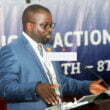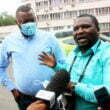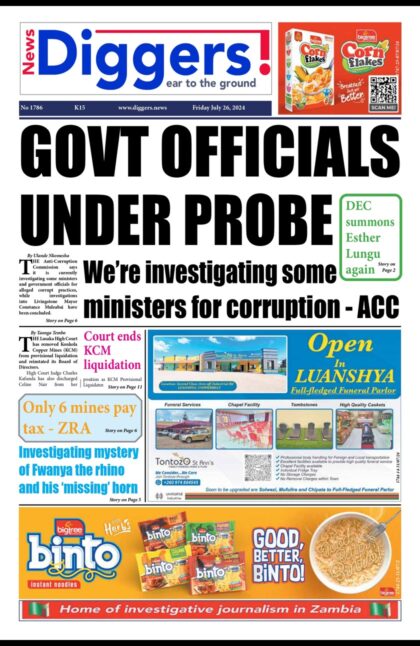Veteran Politician and former diplomat Vernon Mwaanga says endemic corruption in government institutions may force citizens to lose confidence in politicians and thereby pass a protest vote by electing a comedian, like Ukrainians did.
And Mwaanga says the failure by politicians to find common ground on which to share ideas was contributing to the worsening economic situation in the country.
In a statement, Mwaanga told politicians not tempt citizens to vote for a comedian by failing to listen to their demands.
“We should not tempt citizens to lose faith in politicians, like has just happened in Ukraine, where the population has overwhelmingly voted for a comedian Zelensky, as a protest against corrupt politicians. Political power is never permanent and it changes hands from time to time and that is why we now have our sixth President since independence. Politicians must also learn to be civil to each another and always be respectful of each other. Let us see a new spirit of love, respect and humility among our political leaders, so that together, we can make Zambia great again,” Mwaanga said.
He said the failure by political leaders to resolve their differences was detrimental to national development.
“The rule of law, demands that our political leaders should talk to each other on a regular basis and be seen by their followers to be addressing political, economic and many other issues facing the country. We are sick and tired of seeing truck and busloads of panga and machete wielding youths being ferried to areas where there are Parliamentary by elections, just for purposes of causing violent mayhem. What is even more sickening is the inability to condemn and prevent this violence and the effect it has on the local inhabitants. It also contributes to low voter turnout,” he said.
“The late President Levy Mwanawasa took a zero tolerance position to political violence and statistics show that during his reign, we experienced the least political violence in our country. There are other issues our leaders must address, such as state media bias against opposition politicians. They and other quasi state media institutions, only report opposition politicians, only when there is something negative about them and their political parties. The state media are not propaganda vuvuzelas for ruling parties, regardless of who they are . They should play a more independent and impartial role, like the South African Broadcasting Corporation (SABC) and the British Broadcasting Corporation (BBC),” said Mwaanga.
“There can be no denying that introducing internal democracy in many of the political parties which have been formed since that time, has had very serious challenges. The main political party formed after Zambia reverted to Multiparty in 1991, was the Movement for Multiparty Democracy (MMD). The MMD made a much greater effort to create and sustain internal democracy, particularly in its early years. Attempts were made by the interim leadership of the MMD to centralise power, but this was soundly rejected in favour of having regular democratic elections from the branches right up to the National Executive Committee – including the President of the party.”









One Response
Enter your comment here…Even the idea of extending the presidential term to 7 years is in bad taste to most Zambians. why not reduce to 4. I hope it’s just social media news blues